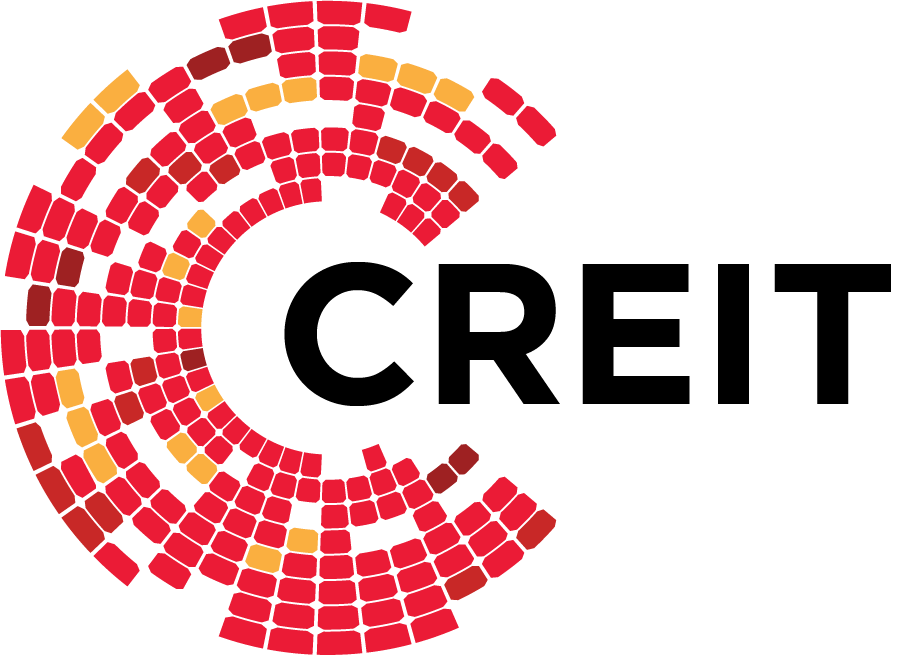Strong corporate governance isn’t just about ticking boxes or meeting compliance requirements. Instead, it’s about creating a business environment where trust, transparency, and accountability are baked into the company’s identity. For businesses, it sets the foundation for long-term success. On the other hand, for investors, it provides assurance that their money is being managed responsibly.
In this post, we’ll walk you through what corporate governance really means, the principles that drive it, best practices every company should follow, and why investors—especially those in public service or private sectors with oversight roles—should pay close attention to governance frameworks when evaluating an investment.
What is Corporate Governance?
Corporate governance is the system of checks, balances, and guiding policies that shape how a company is run. It defines the way leadership interacts with shareholders, regulators, and stakeholders, setting the tone for how decisions are made and how accountability is enforced.
In the local context, our governance landscape is shaped by standards from the Securities and Exchange Commission (SEC) and measured through tools like the ASEAN Corporate Governance Scorecard. For Philippine-based companies and institutions, it’s more than a regulatory expectation—it’s a reputation benchmark.
Good governance gives companies a clear framework for ethical conduct, sound decision-making, and sustainable growth. It influences how responsive management is to risks, how open they are to scrutiny, and how committed they are to long-term performance over short-term wins.
Related Article: Building Your Asset Portfolio with the Best Investments in the Philippines in 2025
Key Principles That Drive Effective Corporate Governance
At the heart of any good governance structure are five core principles that keep organizations aligned, honest, and future-focused:
1. Accountability
Leadership must take full responsibility for their decisions and the consequences that follow. Whether it's a missed earnings target or a reputational issue, accountability means owning the outcome.
2. Transparency
When companies openly share their performance, strategies, and challenges, it builds stakeholder confidence. Transparency isn’t just about disclosure; it’s also about communication that’s clear, timely, and honest.
3. Fairness
Every stakeholder, whether a major investor or a small shareholder, deserves to be treated fairly. Governance ensures that decisions aren’t made to favor a select few at the expense of others.
4. Responsibility
Companies have obligations not just to profits, but to the communities they serve, the environment they impact, and the laws they must follow. A responsible business thinks beyond its balance sheet.
5. Independence
An independent board can challenge executive decisions when necessary. This principle prevents power from becoming too centralized and ensures decisions undergo objective scrutiny.

Corporate Governance Best Practices
Good governance takes more than principles. Conversely, it also requires consistent action. Here are the ten best practices that set well-governed companies apart:
1. Define Clear Roles Across Leadership
Everyone at the top, from board members to the executives, should have well-defined roles to prevent overlap, confusion, or unchecked authority.
2. Appoint Independent Directors
Bringing in directors who aren’t tied to day-to-day operations introduces fresh perspectives and helps avoid bias in board decisions.
3. Evaluate Board Performance Regularly
Boards should assess their effectiveness regularly to ensure they stay relevant, active, and aligned with the company’s evolving needs.
4. Build a Robust Risk Management Framework
Companies must actively identify potential risks—financial, legal, reputational—and have measures in place to manage them before they escalate.
5. Foster a Culture of Ethics
A company’s values shouldn’t just exist in its code of conduct. Instead, they should be lived at every level, from top executives to new hires.
6. Publish Accurate, Timely Financial Reports
Reliable reporting keeps shareholders informed and confident. It also helps attract future investors by showcasing transparency.
7. Make Board Meetings Purposeful
Meetings should be strategic, not ceremonial. A strong board meeting structure ensures time is spent on big-picture decisions and not just operational updates.
8. Link Compensation to Long-Term Performance
Reward structures should reflect sustainable success, not just short-term gains. This motivates leadership to focus on steady growth.
9. Keep Lines Open with Stakeholders
Whether through annual meetings, disclosures, or direct communication, regular engagement helps companies stay aligned with stakeholder expectations.
10. Enforce Internal Controls and Conduct Audits
Strong internal controls and routine audits catch issues early, promote financial integrity, and protect the company from internal risks.
Why Does Good Corporate Governance Matter?
When governance is weak, risk increases. On the other hand, when it’s strong, trust follows. Here’s why companies and institutions should care deeply about their governance structure:
- • Strengthens financial health. Well-governed companies are better at making prudent, data-driven decisions that lead to consistent financial performance.
- • Protects the company’s reputation. One governance misstep may potentially unravel years of brand-building. Good governance ensures decisions can stand up to scrutiny.
- • Creates staying power. Companies with strong governance navigate crises better and adapt to change more effectively, contributing to long-term survival.
- • Lowers the risk of fraud. With the right controls and oversight in place, there's less room for unethical behavior or financial misreporting.
- • Ensures regulatory compliance. Adherence to rules and standards isn’t just legal protection; it also signals professionalism and preparedness.

Why Investors Should Prioritize Companies with Strong Governance
Smart investors don’t just chase earnings—they also look at how those earnings are achieved. Companies that embed governance into their business DNA are more likely to deliver dependable results and fewer surprises.
- • They attract long-term capital. Investors are more comfortable putting money in businesses that are stable and predictable.
- • They manage risk better. From cyber threats to supply chain disruptions, governance frameworks help foresee and manage risks.
- • Strong governance aligns with investor interests. Governance ensures decisions are made for the benefit of all shareholders, not just a select few.
- • They focus on long-term growth. Rather than cutting corners for quick wins, well-governed companies take a broader view.
- • They often command better valuations. Because they inspire more confidence, these companies can trade at a premium.
Choose Companies That Prioritize Corporate Governance, Like CREIT
Good governance is a powerful differentiator. It protects value, attracts capital, and signals integrity. For investors seeking stable, transparent, and ethical companies, governance should be a top consideration.
At CREIT, our commitment to corporate governance runs deep. Through our Manual of Corporate Governance, we ensure every decision aligns with our principles of accountability, transparency, and responsibility. As a matter of fact, CREIT received its first Golden Arrow from the Institute of Corporate Directors. A company conferred a Golden Arrow has “exhibited observable conformance with the Philippine Code of Corporate Governance and internationally recommended corporate governance practices as espoused by the ACGS and CGS
Ready to partner with a company that leads with integrity? Let’s talk about how CREIT’s governance-first approach can support your investment goals. Get in touch with us today.


